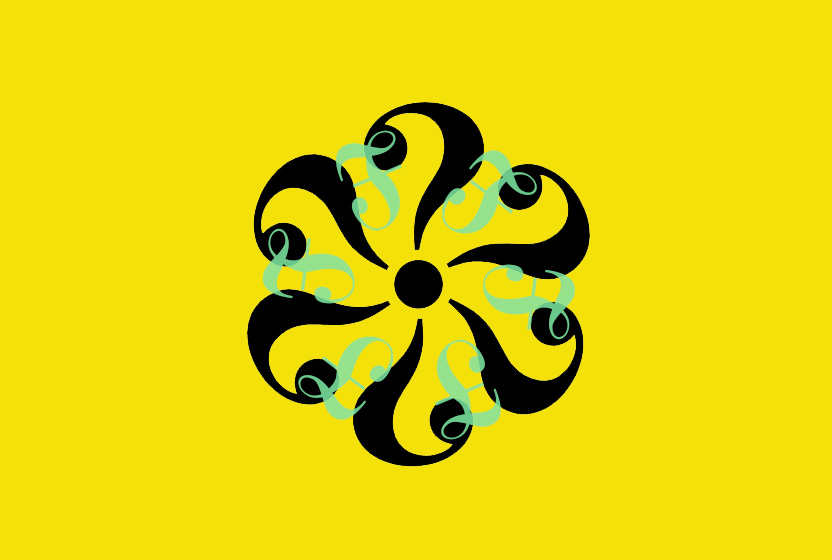Royal Institute of Philosophy Essay Prizes Awarded
The Royal Institute of Philosophy has announced the winners of essay prizes for its publications Philosophy and Think.

The theme of the 2023 Philosophy Essay Prize was “methodology”.
The winners and their essays are Thomas Raleigh (Luxembourg) for his “The Emptiness of Naturalism” and Stefan Rinner (LMU Munich) for his “Scorekeeping in a Therapeutic Language Game”. Suilin Lavelle (Edinburgh) was named runner-up for her “Less Theory, More Observation.”
Here are abstracts of the papers:
The Emptiness of Naturalism
by Thomas Raleigh
I argue that the term ‘naturalism’ is so empty of meaning that it is not suitable for serious theorizing in philosophy. In particular, I argue that the question of whether or not some theory or thesis should count as naturalistic is an empty verbal dispute with no further theoretical significance. I also discuss naturalism construed as a methodological thesis and argue that any plausible version will collapse into triviality. Lastly, I briefly discuss the idea that naturalism is not a thesis at all but rather a ‘stance’ and suggest that this too succumbs to the charge of emptiness. I conclude that we should stop talking about naturalism altogether.
Scorekeeping in a Therapeutic Language Game
by Stefan Rinner
In ‘Scorekeeping in a Language Game’, David Lewis famously compares conversations to playing baseball. Just like baseball, conversations have a score which, together with rules for correct play, determines which utterances are acceptable or even true in the course of a conversation. For all similarities, however, there is a crucial difference between conversations and baseball games. Unlike the score of a baseball game, conversational score adjusts in such a way that the utterances made in the course of a conversation count as correct play. This is also known as accommodation. Starting from this scorekeeping approach to language use, the overall aim of the present paper is to provide a better understanding of how the methods and interventions of talking therapies work from a linguistic point of view. According to the scorekeeping model, the methods and interventions of talking therapies are effective by changing the score of the therapeutic conversation, in particular in the form of accommodation. This has significant implications for the therapeutic practice, as it highlights the importance of training therapists in the linguistic aspects of therapeutic methods, in particular in the use of accommodation.
Less Theory, More Observation
by Suilin Lavelle
There is a worry within psychology that its researchers experience too many degrees of freedom in formulating their hypotheses, resulting in experiments being designed to test implausible hypotheses which then do not successfully replicate. A popular diagnosis of this problem is that psychological theories are too vaguely specified, and that formalising them will add the constraints necessary to solve the problem. This paper argues for a different strategy, namely, for more theory-lite observational research to be conducted. This appears antithetical to the restraint urged by others, but I argue that it is a necessary precursor to forming well-established foundational theories. I discuss two case studies to support my arguments.
The prize is £2,500, which will be split between the two winners, and all three papers will be published in the October 2024 issue of Philosophy.
The winner of the 2024 Think Essay Prize is Claudia Wong (Cheltenham Ladies’ College) for her essay titled, “Is It Morally Wrong to Eat Meat?”
Stephen Law, Editor of Think and Chair of the Judging Panel, writes:
The essay was exceptionally clear, well-structured, and to the point. It defended the view that killing animals for food is morally objectionable, and addressed two main objections to that view: that animals need not be harmed (and in fact may benefit from being brought into existence for meat production), and that animal welfare is unimportant (because, for example, we have no duties towards animals per se, but only indirect duties towards humans (which requires e.g. that we not be cruel to animals because this might lead us to be cruel to humans). Claudia Wong’s essay made some very incisive points along the way, and was a model of good, clear philosophical writing.
The essay will be published in the next issue of Think.

